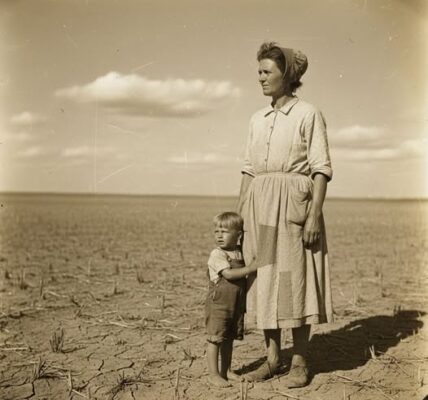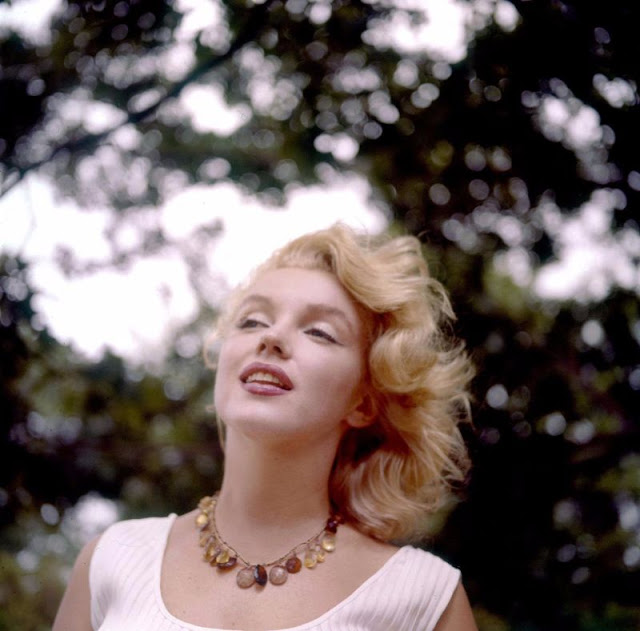The Whisper in the Smoke — Treblinka, 1942
The smoke from Treblinka did not drift into the sky like an ordinary fire. It was heavier, darker, and laden with the unspoken weight of millions of silenced voices. For those who lived within its shadow, it was not merely smoke—it was the erasure of entire families, the destruction of entire worlds.
And yet, within that abyss, a whisper arose. It came not from generals or leaders, but from the lips of a child, spoken in defiance against the machinery of annihilation.
In 1942, as deportation trains rattled across occupied Europe, Treblinka became the last stop for nearly a million Jews. Unlike Auschwitz, which carried the pretense of labor, Treblinka was built with a single purpose: death.
Prisoners stepped off the trains under the illusion of resettlement. They were told to undress, to shower, to line up quietly. Mothers clutched infants, children clung to parents, and the elderly shuffled slowly toward what they could not yet imagine.
In one of those lines was a little girl—dark-haired, perhaps no older than ten. Her dress hung loose on her thin frame, her eyes wide with terror but also with a strange clarity. Beside her was a boy, maybe six years old, trembling so violently his teeth chattered. He had lost sight of his parents in the chaos, and his small body was wracked with sobs.
The girl reached for his hand. With surprising steadiness, she squeezed it tightly, leaned toward him, and whispered:
“Don’t be afraid. We’ll see the stars again.”
The words were quiet, barely audible over the barking of guards and the shuffle of footsteps. And yet they carried further than any scream. They lodged themselves in the memory of a Sonderkommando—a prisoner forced to work within the camp, to bear witness to the unspeakable.
Years later, haunted by nightmares and broken silence, he would testify:
“Her voice never left me. I heard it louder than the cries, louder than the orders, louder than the screams. That whisper gave me more courage than the world ever did.”
For him, the Holocaust was not only the machinery of death, but also the small, incandescent gestures of humanity that pierced the darkness.
Treblinka, unlike Auschwitz or Dachau, left little room for survival. Few lived beyond the first hours of arrival. The camp was a conveyor belt of death, efficient and relentless.
But even here, whispers mattered. They were acts of resistance, carrying hope where none should exist. Holocaust history is often told through numbers—six million murdered, nearly a million at Treblinka—but behind those numbers lived countless words of courage, whispered prayers, final goodbyes, small comforts shared in lines leading to the unimaginable.
The girl’s whisper was more than words. It was a defiance of silence. It was a refusal to let fear dictate her last moments. In telling the boy they would see the stars again, she created a vision of eternity beyond Treblinka’s barbed wire and smoke.
She walked into the gas chamber as a child. But she left behind something greater than her short years. Her whisper became testimony, passed on by the man who survived.
In this way, the girl became a teacher—not of history’s facts, but of its truths. She taught that courage can take the form of a gentle handhold. She taught that even in the shadow of annihilation, kindness could exist. She taught that words spoken in compassion are stronger than hate, stronger than fear, stronger even than death itself.
For the Sonderkommando who remembered her, those words became an anchor. Through decades of nightmares, through the weight of survivor’s guilt, through the deafening silence of a world that often did not want to listen, her whisper endured.
The Holocaust left behind many symbols—the striped uniforms, the tattoos, the barracks, the railcars. But perhaps none are more haunting than the smoke of the crematoria. Rising day after day, it blotted out the sky, carrying with it the ashes of the nameless.
And yet, against that backdrop of smoke, the girl spoke of stars. Stars—the eternal lights, untouched by war, shining above camps and cities alike. In telling the boy they would see the stars again, she reclaimed the sky from the Nazis. She turned the heavens into a place of reunion, of peace beyond the cruelty of earth.
Holocaust survivors often spoke of looking to the stars in the camps, seeking reminders of a world beyond the barbed wire. For those in Treblinka, who rarely had time to look up, the girl’s words became a star of their own—a promise of light after darkness.
Modern psychology describes courage not as the absence of fear, but as the decision to act in spite of it. For a child at Treblinka, courage could not be measured in battles fought or escapes made. It was measured in the strength to comfort another, even when facing certain death.
Survival stories from World War II often highlight extraordinary endurance—the ones who lived, who carried their testimony into the future. But just as powerful are the stories of those who did not survive, yet who in their final acts displayed humanity that transcended brutality.
The girl’s whisper reminds us that resilience is not always about survival in body. Sometimes it is survival in memory, survival in the words that outlast both smoke and silence.
Today, Treblinka is a quiet clearing in the forest, marked by stones that stand in silence where lives once ended. Visitors walk among them, trying to grasp the enormity of what occurred there. No buildings remain, no chambers to tour, only the heavy presence of absence.
Yet within that silence, if one listens closely, one might still hear echoes. Not of screams, but of a whisper: “Don’t be afraid. We’ll see the stars again.”
That whisper belongs not just to one girl but to every child silenced in Treblinka, in Auschwitz, in Sobibor, in Belzec. It is a reminder that even the smallest voice can transcend history.
In an age where violence, hatred, and indifference continue to scar our world, her story remains urgent. Remembering the Holocaust is not simply about recounting the horrors—it is about honoring the humanity that persisted within them.
The girl’s whisper teaches us that compassion is an act of resistance. It teaches us that dignity can survive even in the face of annihilation. It teaches us that the voices of children, so often overlooked, can carry truths more profound than any speech or monument.
In every act of kindness we extend today, in every stand we take against injustice, we continue her whisper. We ensure it does not fade into history’s smoke, but shines like the stars she promised.
In Treblinka, 1942, a little girl reached for a boy’s trembling hand. She whispered words that defied despair: “Don’t be afraid. We’ll see the stars again.”
She walked into the gas chamber a child—but she left behind a sentence stronger than hate. Stronger than the machinery of death. Stronger even than time.
Her whisper travels to us still, carried across decades, across continents, across the smoke of history. It is a reminder that humanity can survive in the smallest of acts, that even in the darkest night, someone will always look for the stars.







